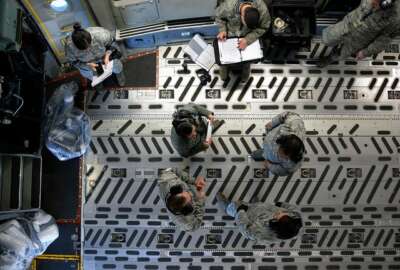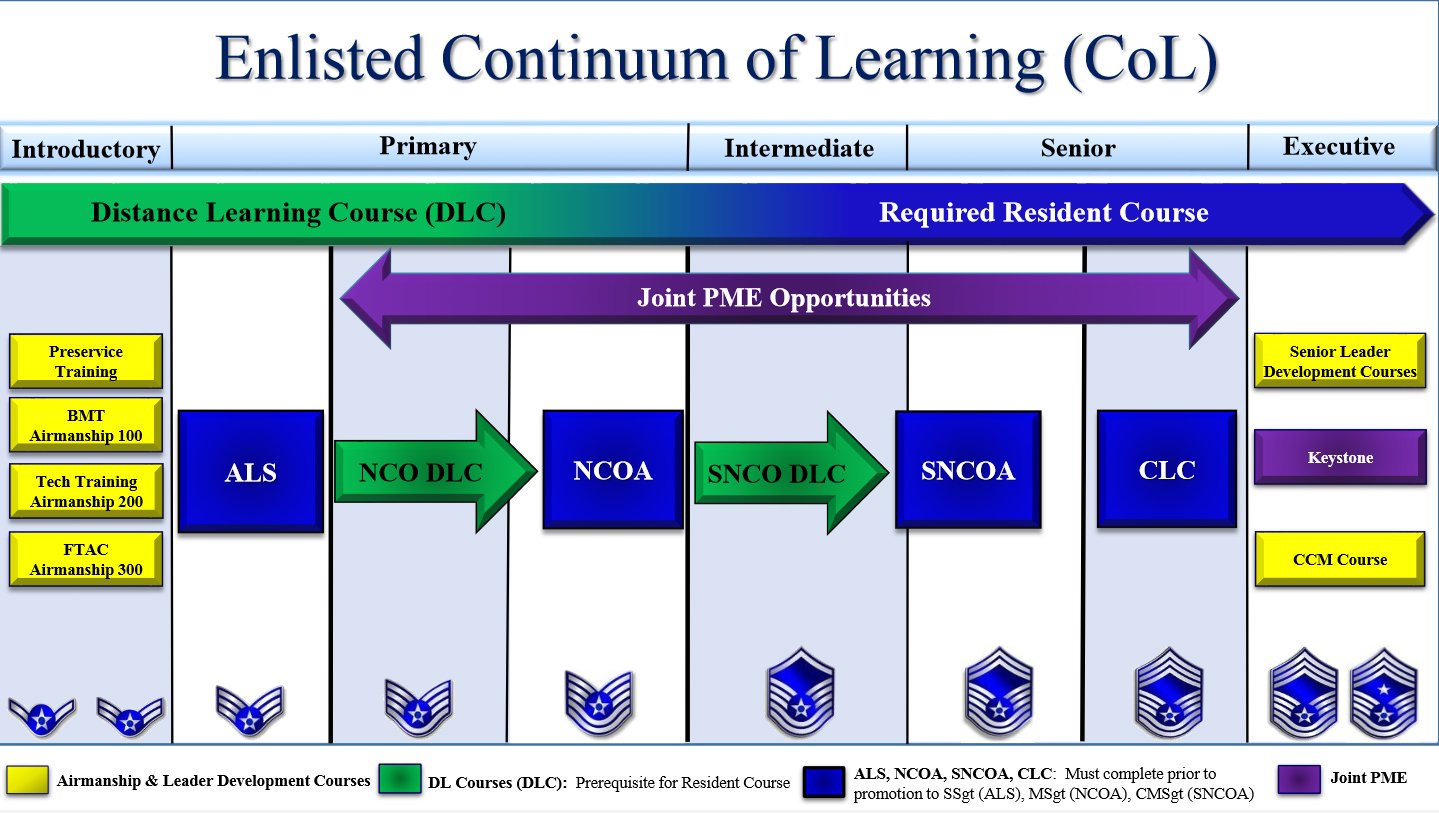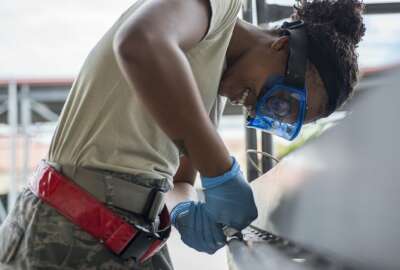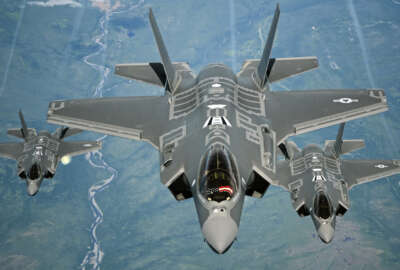
Airmen get schooled differently with new policy
The Air Force is changing its military education for enlisted airmen to make classes more flexible about their lives.
The Air Force last week unveiled new reforms that will give enlisted airmen more flexibility with professional military education (PME) courses.
The reforms are the first major changes to Air Force education in three years and offer an extended time period for enlisted airmen to complete required PME.
The new policy eliminates “time-in-service” milestones. Instead of forcing Airmen to complete certain courses through specific points in their career, the new policy gives airmen more wiggle room.
Airmen will now have the duration of the time they are in a specific rank to finish their “distance learning” or online training.
Those courses are needed to attend enlisted academies, which airmen must graduate from to become senior enlisted.
Airmen now “have the opportunity to decide when they enroll. They have the opportunity to decide to postpone it for a year because maybe they have a whole lot of mission requirements that are taking a majority of their time or perhaps they are prepping for a deployment or maybe they have family things at home where a spouse had a baby,” Chief of Air Force Enlisted Developmental Education Chief Master Sgt. JoAnne Bass told Federal News Radio.

Before the change, which was announced on July 18, once airmen reached a certain year of service they had exactly 12 months to complete the required distance learning.
The Air Force is also making a change to the academies the enlisted airmen attend. The Air Force will allow all active duty, guard and reserve airmen to attend the Airman Leadership School and the academies in person before promotion.
“That’s pretty big. The previous policy we had just did not meet that need. There were airmen in our previous policy that didn’t get an opportunity [to go in person]. We feel strongly that going in residence where you are with your peers and other folks from different career fields and other tribes,” Bass said.
The new PME standards are part of the Air Force’s push to make military life friendlier to family life.
“This change really allows our airmen to realize that we value them and more importantly we value taking care of them, we value developing them, educating them and we value what they bring to the fight and taking care of the mission. This also allows flexibility where they can focus on mission, they can focus on their development, they can focus on their deployment, on their families, their spouses,” Bass said. “Meanwhile, from an enterprise perspective, from the big Air Force perspective, it’s also allowing us to take a look at talent management and so every organization is looking at how do we develop talent?”
The Air Force is currently facing a retention problem. It’s lacking in pilots, cyber airmen and maintainers.
To better its retention rates, the Air Force introduced a series of new policies earlier this and last year.
The Air Force took steps last year to cut some training and duties.
The Air Force released a list of the courses that will be eliminated or streamlined. A computer-based, 20-minute training course providing an introduction to the role of the Inspector General got the ax.
The service cut 21 additional duties as well.
The service is also looking into how it can change its squadrons. Air Force Chief of Staff Gen. Goldfein started the initiative last year.
“The squadron is the basic building block of the United States Air Force, where most airmen will service their first assignments, where they learn about the Air Force, where they get the culture of the Air Force and the chief believes strongly if we can make our squadron better then we will produce better airmen and that will lead to better warfighting,” Davis said.
The Squad Revitalization Task Force has already conducted 12 base visits and interviewed more than 1,000 airmen.
The task force is crowdsourcing ideas for revitalization from airmen as well.
Copyright © 2025 Federal News Network. All rights reserved. This website is not intended for users located within the European Economic Area.
Scott Maucione is a defense reporter for Federal News Network and reports on human capital, workforce and the Defense Department at-large.
Follow @smaucioneWFED





